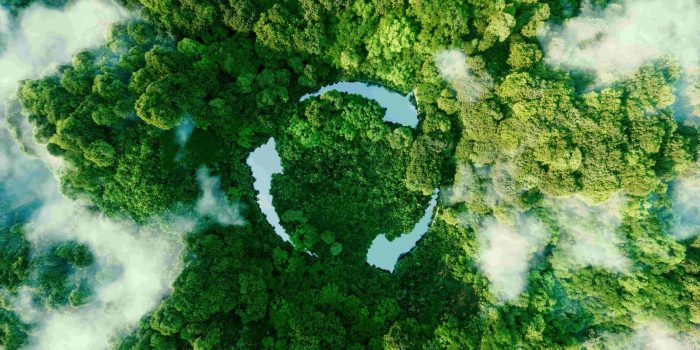Project title: Vann Bros / Vann Family Orchards Sustainability Program
Type of project: research, business implementation, product development
SDG(s) relevant to the project: 2, 6, 12, 13, 15
Topic(s): industrial innovation, energy efficiency, circular economy, supply chain transparency and traceability, diversity, equity and inclusion, nature-positive approaches and regenerative agriculture, water management
Product(s): almonds, walnuts
Project end date and duration: ongoing since September 2016
Abstract, Impact and Outcomes: Vann Bros and Vann Family Orchards have embarked on numerous sustainability projects, which are currently in progress and continually evolving.
We take pride in our pioneering role in the California Almond Industry with the Farm Sustainability Assessment (FSA) 3.0, achieving a 100% Gold rating through third-party audited assessments. These practices encompass 11,552.02 acres (4,679 hectares), representing our entire almond acreage. Additionally, we are accredited with the Certified Bee Friendly designation by the Pollinator Partnership, covering all our almond acreage.
In collaboration with the University of California, Davis, we are actively involved in an Innovative Regenerative Agriculture project. This initiative involves utilizing almond hulls and shells on 387 acres (157 hectares), alongside experimenting with off-ground harvesting techniques. The aim is to assess regenerative practices associated with almond production, with almond hulls and shells being broadcast onto the orchard floor post-harvest to enhance water holding capacity, increase soil organic matter & carbon content, and explore their potential as an organic source of potassium.
Furthermore, our Zero Waste Project utilizes almond shell across 4,050 acres (1,640 hectares) of our ranch, serving as key source of potassium, carbon, organic matter, and other essential nutrients for our trees. This practice has been in place for 6 consecutive years and will continue in the years to come.
Vann Brothers firmly believes in the process of Integrated Pest Management (IPM) and considers IPM to be the foundation of any truly effective agricultural pest management strategy. By implementing key mechanical, physical, and cultural pest control practices across our ranch we have been able to reduce our pesticide footprint, minimizing risks to people and the environment. These practices include mechanical hedging to improve air flow and reduce orchard humidity for improved plant health and disease management. Our irrigation strategy emphasizes pulse irrigation. This includes optimizing the delicate balance of applying the right amount of water to meet the trees’ needs at the right frequency, allowing for significant reductions in applied irrigation and reducing weed and disease presence. Our insect pest management strategy begins with winter sanitation (mummy shaking) post-harvest to reduce pest establishment. As we progress through the season we closely monitor and record the presence of beneficial insects and pest populations. When pest levels reach management thresholds, we will deploy mass traps and mating disruption within our fields.
To ensure the economic viability and sustainability of these practices at the farm level, our sister company, Vann Family Orchards —an almond processor— offers a special marketing program to our buyers. This program markets almonds exclusively sourced from FSA 3.0 Certified Orchards. This allows end-users who are committed to sustainability to put their resources to work. To ensure that their sustainability commitment is real and verifiable.
Our irrigation strategy predominantly relies on off-peak electricity, with approximately 85% of our acreage being irrigated during off-peak hours. In California, off-peak power is predominantly sourced from renewable sources, contributing to our commitment to sustainability.
Our soil health and management strategy at all ranches emphasizes optimizing soil health and sustained soil fertility. We implement soil health practices designed to improve organic matter and improve soil structure. Compost is applied to the orchard floor post-harvest, and we mulch pruning and cover crop residue back into the soil. Tillage is kept to a minimum, cultivation is only temporarily done during orchard or cover crop renovation. Our irrigation strategies coupled with all orchards utilizing drip irrigation have drastically reduced soil erosion and irrigation run-off.
Furthermore, we are dedicated to promoting diversity, equity, and inclusion. As a company, we are proud to be 50% woman-owned, and our ownership is 100% Hispanic —a significant aspect as Hispanics are recognized as a disadvantaged minority in California.
We take great pride in our sustainability achievements, which are integral to our mission. Moving forward, we remain unwavering in our commitment to advancing sustainability.



